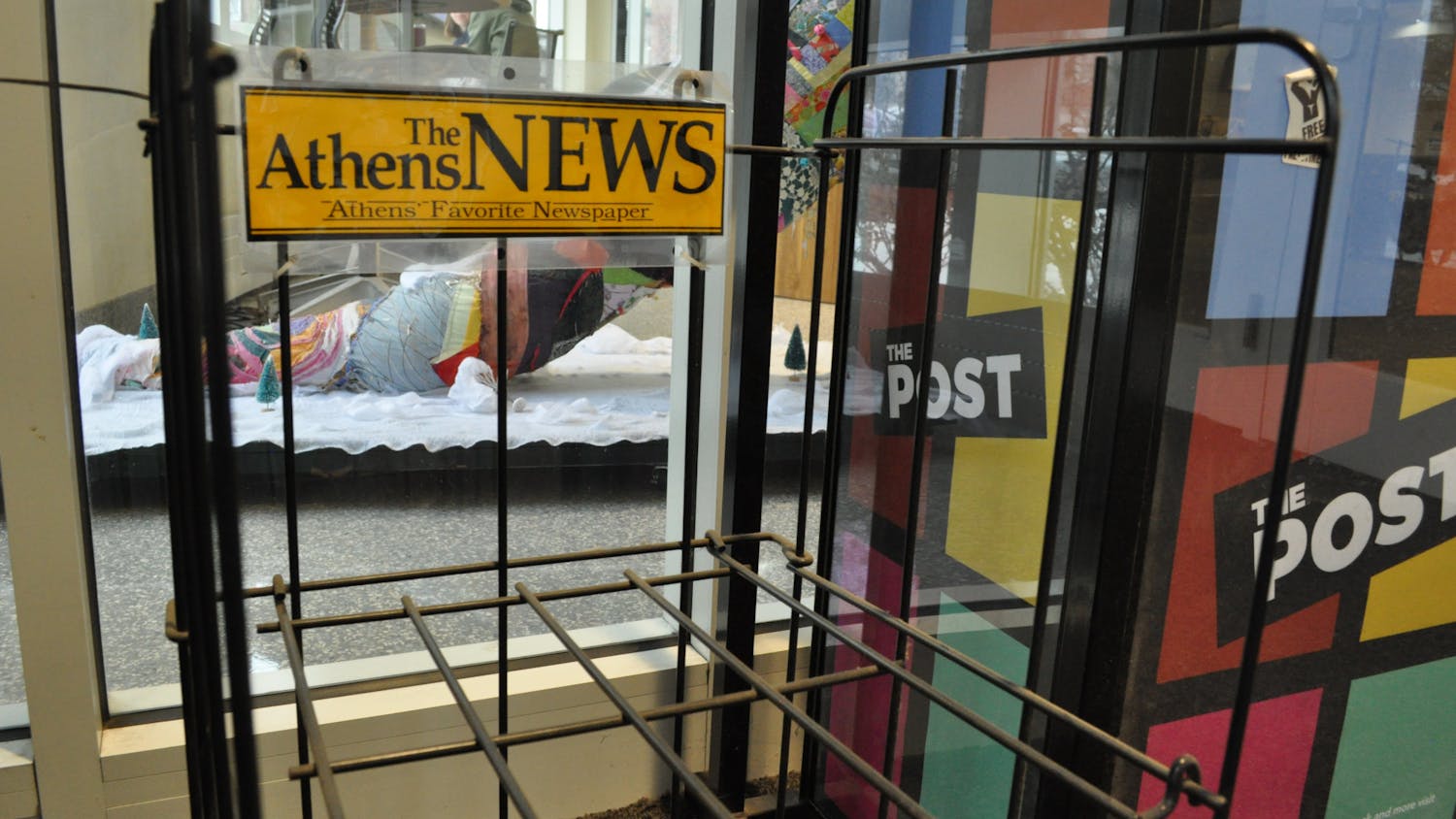Commencement ceremonies serve not only as a sigh of relief for worried parents but also as a celebration of years of late nights and academic achievements for graduating seniors.
Speakers for a university’s graduating events are chosen to encourage the graduates as they close one chapter of their educational careers and reflect on how they got there.
The speakers range from journalists and biochemists to politicians and businessmen, but despite speakers’ high prestige, Ohio public universities do not pay these professionals for their talks.
“We hesitate (to spend money on speakers) just because we are not sure that it is the best use of our resources,” said Barbara Smith, director of university special events and commencement coordinator at Cleveland State University. At Cleveland State, the president of the university or an honorary degree recipient speaks at the ceremony.
Elsewhere, honorary degree recipients or other individuals with relations to the university are often chosen as commencement speakers.
“There are times when we give honorary degrees to commencement speakers … but they are not mutually exclusive,” said Caitlin Barnhardt, assistant director of event services at Ohio University. “We are looking for someone who is dynamic … and will hopefully have a story that will relate to our students.”
Andrew “Andy” Alexander, a Scripps Howard visiting professional at OU who will speak at the spring commencement ceremony, will be receiving an honorary degree and said he hopes to draw from his connection to the university in his address.
“It’s no secret; I was not a good student at Ohio University, so to be asked to be commencement speaker after all these years is just a tremendous honor,” Alexander said. “It’s one of those speeches I’m approaching that I’m really not the least bit nervous about. I think that I am speaking to friends and an audience that I really know.”
Other universities, such as the University of Cincinnati, also choose individuals with strong relations to the university to speak to graduates.
“For a while, we were trying to use the reputation of speakers to increase attendance at commencement,” said Greg Hand, associate vice president of public relations at the University of Cincinnati. “With the change of (university) presidents back in 2003, the new president wanted to emphasize the quality of our graduates, so she started trying to find (alumni) to be commencement speakers.”
However, not all public universities in Ohio draw from alumni to speak to graduates, including the Ohio State University, where President Barack Obama will address graduates at the 2013 spring commencement ceremony.
“Ohio State students invited President Obama to speak (with a letter), and we are gratified that he has chosen to accept our students’ invitation,” said Amy Murray, assistant director of media relations at OSU, in an email. “His address will be extremely relevant to graduates, especially at such an important time in our nation’s history.”
In the end, a memorable commencement speech comes down to how inspiring it is for graduating seniors.
“Sometimes you get really lucky, and you tap on to someone who is happy to share their experience with the students,” Smith said. “(Graduates) need to be encouraged and that is what we are looking to do.”
oh271711@ohiou.edu





